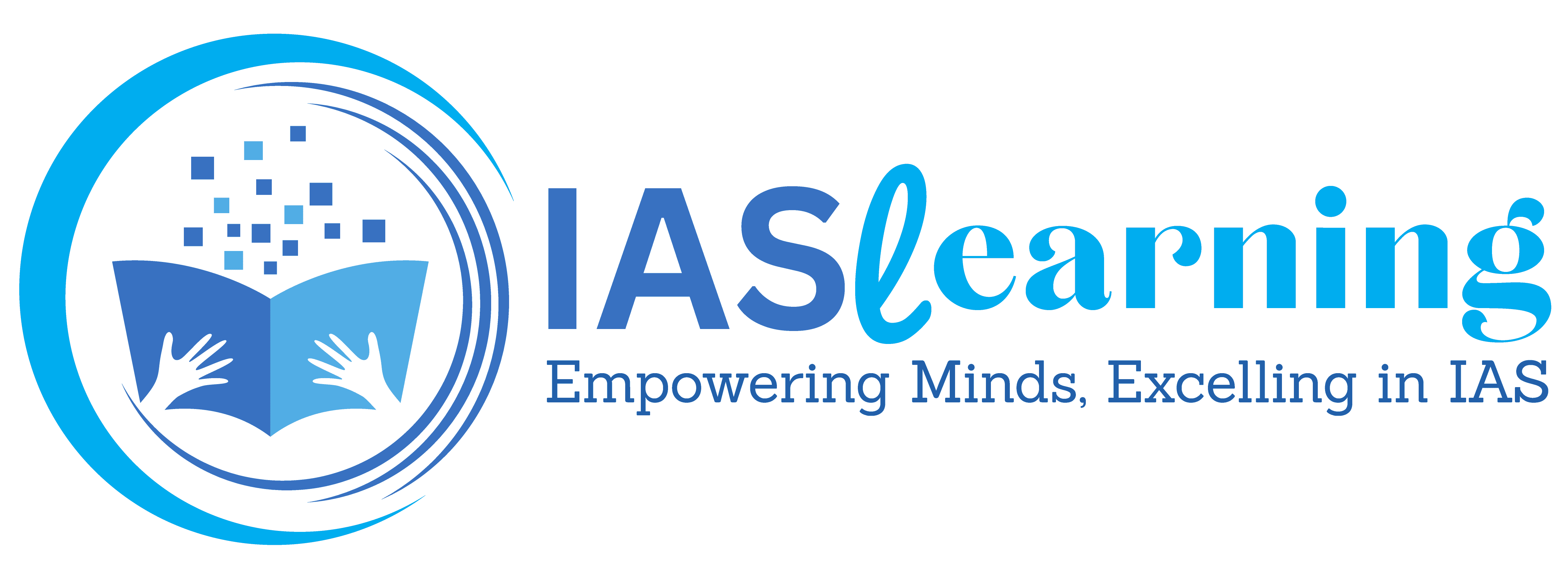Communication Skills
Communication skills are a fundamental aspect of human interaction and play a pivotal role in both personal and professional success. These skills encompass a wide range of abilities, from listening and speaking to writing and non-verbal communication. In this article, we will explore the significance of communication skills, their impact on various aspects of life, and strategies for improving and leveraging them to achieve personal and professional goals.
The Importance of Communication Skills
Effective communication skills are vital for several reasons:
1. Building Relationships:
Communication is the foundation of all human relationships. Whether in personal or professional settings, the ability to connect with others, establish rapport, and build trust is crucial for forming strong bonds.
2. Conflict Resolution:
Misunderstandings and conflicts are inevitable in any relationship or workplace. Strong communication skills enable individuals to address issues, negotiate solutions, and resolve conflicts in a constructive manner.
3. Career Advancement:
In the workplace, communication skills are highly valued. Effective communicators are more likely to excel in leadership roles, as they can articulate their ideas, inspire teams, and foster collaboration.
4. Emotional Intelligence:
Communication skills are closely linked to emotional intelligence—the ability to recognize, understand, and manage one’s own emotions and those of others. This skill is essential for building positive relationships and empathy.
5. Problem-solving:
Effective communication aids in identifying problems, brainstorming solutions, and conveying ideas clearly. It enhances an individual’s problem-solving abilities, which are valuable in personal and professional contexts.
6. Leadership:
Leaders must communicate their vision, goals, and expectations to their teams effectively. Leaders who excel in communication inspire and motivate their followers.
7. Persuasion and Influence:
Whether in sales, marketing, or public speaking, the power to persuade and influence others hinges on effective communication. Persuasive communication can lead to success in various domains.
Components of Communication Skills
Effective communication skills encompass several components:
1. Verbal Communication:
Verbal communication involves the use of spoken language to convey ideas, thoughts, and information. It includes clarity, pronunciation, vocabulary, and tone.
2. Non-Verbal Communication:
Non-verbal cues, such as body language, facial expressions, gestures, and eye contact, play a significant role in communication. They convey emotions and intentions.
3. Listening Skills:
Active listening is a vital aspect of communication. It involves fully focusing on and understanding what the other person is saying, rather than simply waiting for a chance to respond.
4. Written Communication:
Written communication skills are essential for conveying information through emails, reports, memos, and other written documents. Clarity, grammar, and organization are key elements.
5. Empathy:
The ability to empathize with others and understand their perspectives is crucial for effective communication. It shows that you value and respect their feelings and opinions.
6. Feedback:
Providing and receiving constructive feedback is an integral part of communication. Feedback should be specific, actionable, and delivered in a respectful manner.
Impact on Personal Relationships
Effective communication is the cornerstone of healthy and fulfilling personal relationships. Here’s how communication skills can positively impact personal connections:
1. Improved Conflict Resolution:
Effective communication allows individuals to address disagreements calmly and find mutually satisfactory resolutions. It prevents conflicts from escalating into more significant problems.
2. Enhanced Empathy:
Listening actively and empathizing with others’ feelings and experiences fosters deeper emotional connections and a sense of understanding.
3. Building Trust:
Trust is the foundation of strong relationships. Open, honest, and transparent communication builds trust over time.
4. Strengthening Bonds:
Good communication strengthens the bonds between family members, friends, and romantic partners. It enables individuals to express love, affection, and support.
5. Reducing Misunderstandings:
Clear communication reduces misunderstandings and prevents assumptions or misinterpretations that can strain relationships.
Impact on Professional Success
Communication skills are equally essential in the professional world. They can significantly impact an individual’s career growth and success:
1. Effective Leadership:
Leaders who communicate effectively inspire trust and confidence in their teams. They can articulate their vision, set clear expectations, and provide guidance.
2. Collaboration:
In the workplace, collaboration often involves working with diverse teams and individuals. Strong communication skills promote effective teamwork, leading to better problem-solving and innovation.
3. Networking:
Building professional relationships and expanding one’s network is crucial for career advancement. Effective communication skills are vital for making a positive impression in networking events and interviews.
4. Presentation and Public Speaking:
Effective public speaking skills are essential for presentations, pitches, and meetings. They help individuals convey ideas persuasively and engage their audience.
5. Conflict Resolution:
Conflict is common in the workplace. Individuals with strong communication skills can navigate conflicts diplomatically, reducing disruptions and fostering a positive work environment.
6. Customer Relations:
In customer-facing roles, good communication ensures positive interactions with clients and customers, enhancing their experience and loyalty.
Strategies for Improving Communication Skills
Improving communication skills is an ongoing process that requires self-awareness and practice. Here are strategies for enhancing these skills:
1. Active Listening:
Pay close attention to what others are saying without interrupting. Ask clarifying questions to ensure you understand their perspective.
2. Empathetic Communication:
Put yourself in others’ shoes and consider their feelings and viewpoints. Show empathy in your responses.
3. Practice Non-Verbal Communication:
Be mindful of your body language, facial expressions, and tone of voice. They should align with your intended message.
4. Use “I” Statements:
When expressing your thoughts or feelings, use “I” statements to take ownership of your words and avoid blaming others. For example, say, “I feel” instead of “You make me feel.”
5. Improve Vocabulary and Clarity:
Expand your vocabulary and work on expressing ideas clearly and concisely. Avoid jargon or overly complex language when it’s not necessary.
6. Seek Feedback:
Ask for feedback from colleagues, friends, or mentors to identify areas for improvement. Constructive criticism can be valuable.
7. Practice Public Speaking:
Join clubs or groups that offer opportunities for public speaking. The more you practice, the more confident and effective you’ll become.
8. Read Widely:
Reading books, articles, and diverse content can improve your language skills, expose you to different writing styles, and broaden your knowledge.
9. Conflict Resolution Training:
Consider taking courses or workshops on conflict resolution and negotiation techniques to handle conflicts effectively.
10. Role-Playing:
Engage in role-playing exercises with a partner or coach to simulate real-life communication scenarios and practice your responses.
Conclusion
Effective communication skills are indispensable in both personal and professional life. They facilitate the building of meaningful relationships, enhance problem-solving abilities, and contribute to career success. By honing verbal and non-verbal communication, active listening, and empathy, individuals can unlock their potential for personal growth and professional achievement. Communication is a skill that can be continuously improved, and those who invest in developing these skills will reap the rewards of better relationships and greater success in various aspects of their lives.




